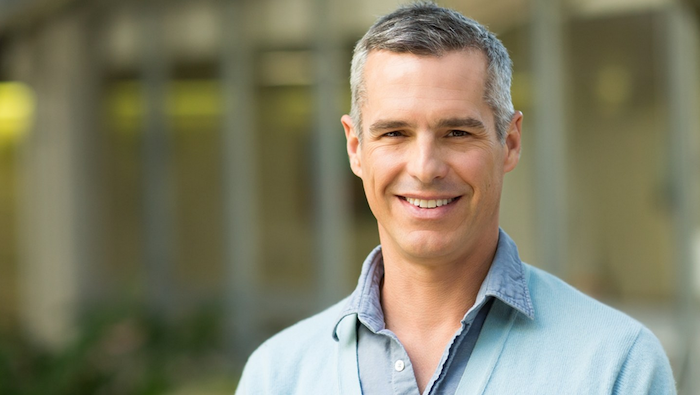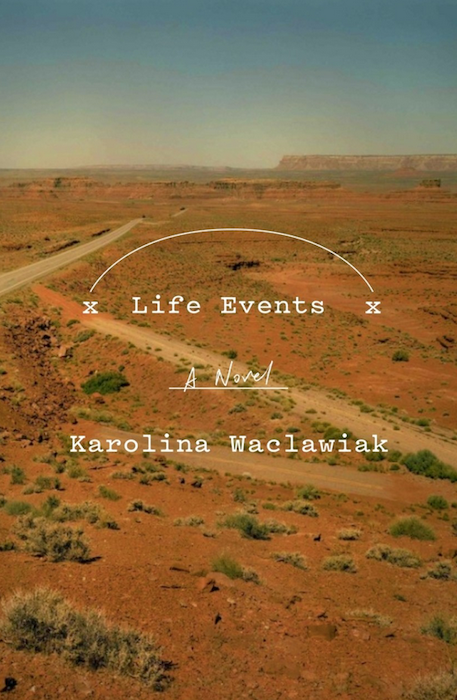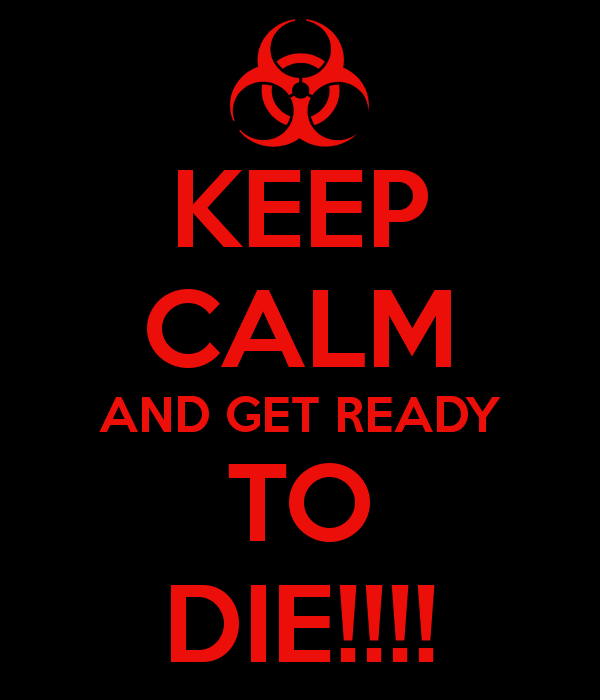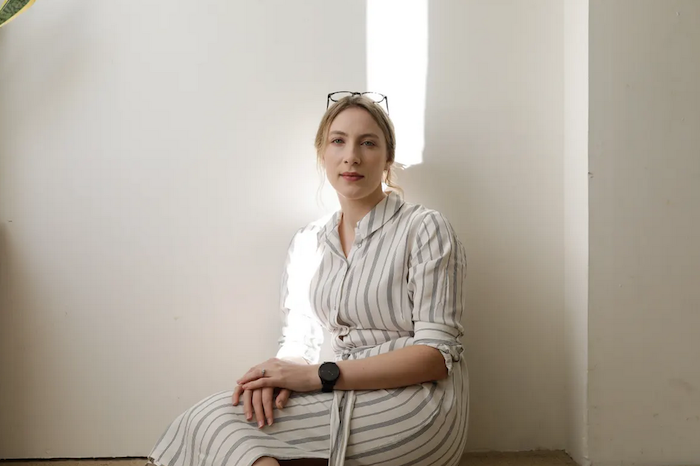
Death and dying are inevitable and a natural part of life’s cycle. The pandemic has brought the issue of our own mortality into sharp focus. Many people have died alone, away from family, and in the isolation unit of a hospital. It’s not an option many would choose. Palliative care expert Dr. B.J. Miller talks with KCRW’s Jonathan Bastian about his experiences caring for those who are at the end of their lives. He says one of the big takeaways of this moment is that we should make preparations and think about our mortality when we are healthy.
The following interview excerpts have been abbreviated and edited for clarity.
KCRW: You’ve spent countless hours with folks that are nearing the end of their life. What do people want as they prepare to die?
B.J. Miller: Well, in general there’s a ton of individual variation. This is why the subject is so interesting and that’s where some of the joy is. For the most part people want to be at home when they die. And by home, most people mean not the hospital and not the nursing home. Dying at home is doable, especially with hospice. But again here, what I really think people mean is they want to die in familiar settings, where they’re comfortable surrounded by people they love, wherever they call home. In other words, to have a minimum of gear and machines propping them up. A lot of people find peace, in the realization that they are natural creatures and that death is a natural phenomenon. And the more they can touch into that nature, the more at peace they feel, as a rule. But some of us see ourselves as fighters and quote unquote, “when I go down, I go down swinging,” and the idea of an ICU death with desperate measures happening, is fitting, so to each their own.
But to answer your question, dying at home, dying in a more natural way, dying comfortably enough so that you can have time with people you care about. So you can think about anything you know, something besides your pain for a moment here and there. People want to be at peace with their loved ones.
The idea of closure is an invented notion. Nature doesn’t promise us closure except for the idea of birth and death. But a lot of us are just social creatures and are thinking about our legacy, what do we leave behind? So a lot of people say, I just want to make sure I’m not a burden to my family. I want to make sure my family is okay.
It makes sense because I think a lot of what’s dying is the ego and the more each of us can find a way to to love life outside of ourselves beyond ourselves, but inclusive of ourselves, the easier death is on us, the more readily we can, we can handle it.
As we navigate this pandemic, it highlights some of the breakdown in the healthcare system in dealing with death?
The last thing any of us wants to do is shame each other as we’re heading off the planet. But this is exactly why — whether it’s COVID, being hit by a bus, the idea of a sudden death, of suddenly being here and then not being here, that’s always possible — when we make this subject matter taboo — hard to talk about, and the healthcare system doesn’t make it any easier and doctors aren’t trained to talk about it — we end up kind of deferring the inevitable until it’s really too late.
So one of the takeaways right now is we should all be doing our advanced care planning, our wills, our healthcare proxy, the variable putting our affairs, we should all be thinking about our mortality, if only to make sure we are present for the life we have. These are lessons that have been in the population for eons but are easily forgotten because death is such an obnoxious topic, especially in modern society. But we can be swept away in an instant and it would be so helpful to have had these conversations with loved ones before and document our wishes, especially when we’re healthy because you just never know.
You worked at the Zen Hospice Center for a long time in San Francisco, is there a spiritual dimension that you are aware of being around death for so long?
You know, I don’t know what word I like, religion, faith, spirituality, they’re all importantly different. I believe that we are all connected not just person to person, but person to tree, person to chipmunk, person or whatever, that we’re all part of something that we can’t possibly fathom. And as smart as we are, there’s still so much we don’t know. So there’s got to be some deference to mystery, some deference to not knowing.
You can look at that void or that abyss or that mystery and project judgments or you can project a sort of a universal love. For me, I happen to believe that, in general, adjectives and qualifications are human invention. But one way or another, I look at that mystery, I feel all that connection and I see love. I see humility in all that we don’t know and yet are totally a part of.
You can imagine how much this comes up when you’re dealing with patients and families, friends, anybody at the end of life. If I can sit with a patient and they’re in the throes of wondering what’s going to happen, maybe scared about what’s going to happen when they die, I often end up just talking with people about mystery and about not knowing and say, “Well, you know, I don’t know either, you know, I’ve been around death and dying for a lot of a lot of years and a lot of people and I still have no idea. And you know, isn’t that amazing?”
When I look up in the night sky, and I can see all these stars and light that’s hitting my eyes that left that source billions of years ago, empirically, there’s enough proof of connection among us or fascination around us. I’m coaxed into a faith that love is somewhere binding us. And even if it’s not the natural order, it’s certainly something that we inject and put love and meaning into this mystery.
And so sitting at the bedside, there’s a permissiveness at the end of life that I’ve come kind of addicted to, because if you’re with someone who’s only going to be around for a while, you can quickly go to the vulnerable place, you can quickly love someone without fear of Gosh, if I tell them, I love them, they’re gonna get expectations and you don’t have to talk yourself out of this very simple thing of loving someone.
So at the end of life, I don’t know what’s coming either but I’m gonna sit here with you and we’ll walk up to the edge of that abyss with you and I’m not going to go anywhere. And I’ll be thinking of you even after you’re gone and I love you, and we get to share this planet at the same time. Isn’t that amazing?
Complete Article ↪HERE↩!








